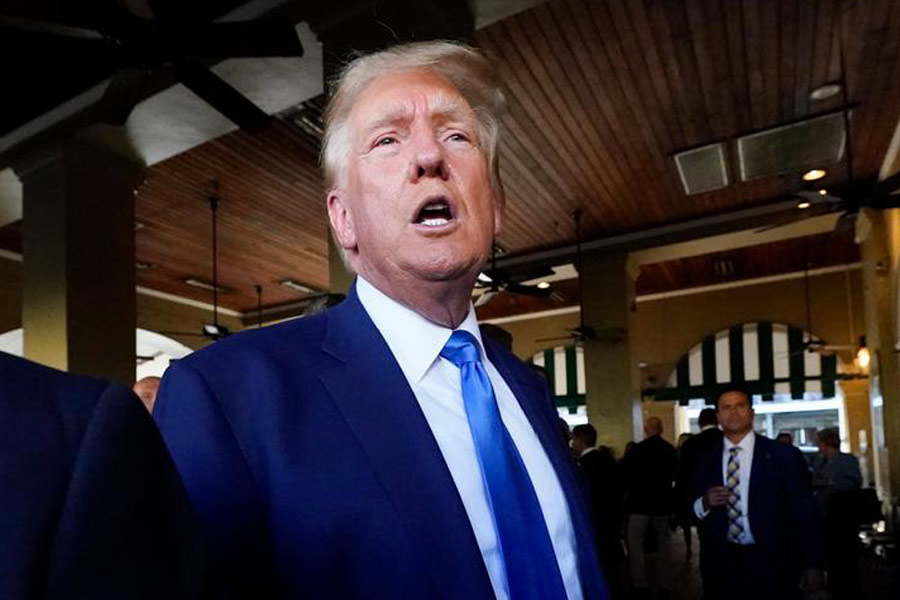More than two and a half years after the attempted insurrection at the United States Capitol, federal prosecutors have indicted the former president, Donald Trump, on criminal charges of trying to subvert the presidential election results of 2020. It is the third of ongoing criminal cases against Mr Trump but is the most serious among them. While its implications for the 2024 presidential election are unclear, the case is a reminder of how robust institutions in a democracy should function. Mr Trump has been accused of attempting, through his repeated questioning of the credibility of the 2020 election, to overturn that outcome. Prosecutors allege that Mr Trump’s provocative calls for his supporters to resist the certification of election results set the stage for the riots outside the US Congress. Mr Trump has denied the charges and has described the indictment as a part of a political witch-hunt against him ahead of the 2024 vote.
These legal struggles have not dented Mr Trump’s commanding lead over other Republican presidential contenders in opinion polls ahead of primaries and his core supporters are expected to stand by him. But the court cases will likely sap his campaign of money and time it could otherwise devote to winning over voters, hurting his chances in a rematch with President Joe Biden if he does prevail in the Republican Party’s nomination race. While that is almost certain to deepen political fissures in an already divided nation, the latest case underscores a fundamental legal principle that should be sacrosanct in a democracy: no one is above the law. In India, politicians convicted of serious crimes like incitement of hatred and participation in violent massacres have largely escaped punishment despite overwhelming evidence. That lack of justice both weakens trust in law enforcement and the judiciary and serves to embolden those who might wish to similarly use political power for criminal gains. All of that hollows out the credibility of supposedly independent institutions like the judiciary and investigative agencies. When those who are supposed to serve as checks and balances against executive excesses act as enablers of political wrongdoing, the victim is democracy itself.










